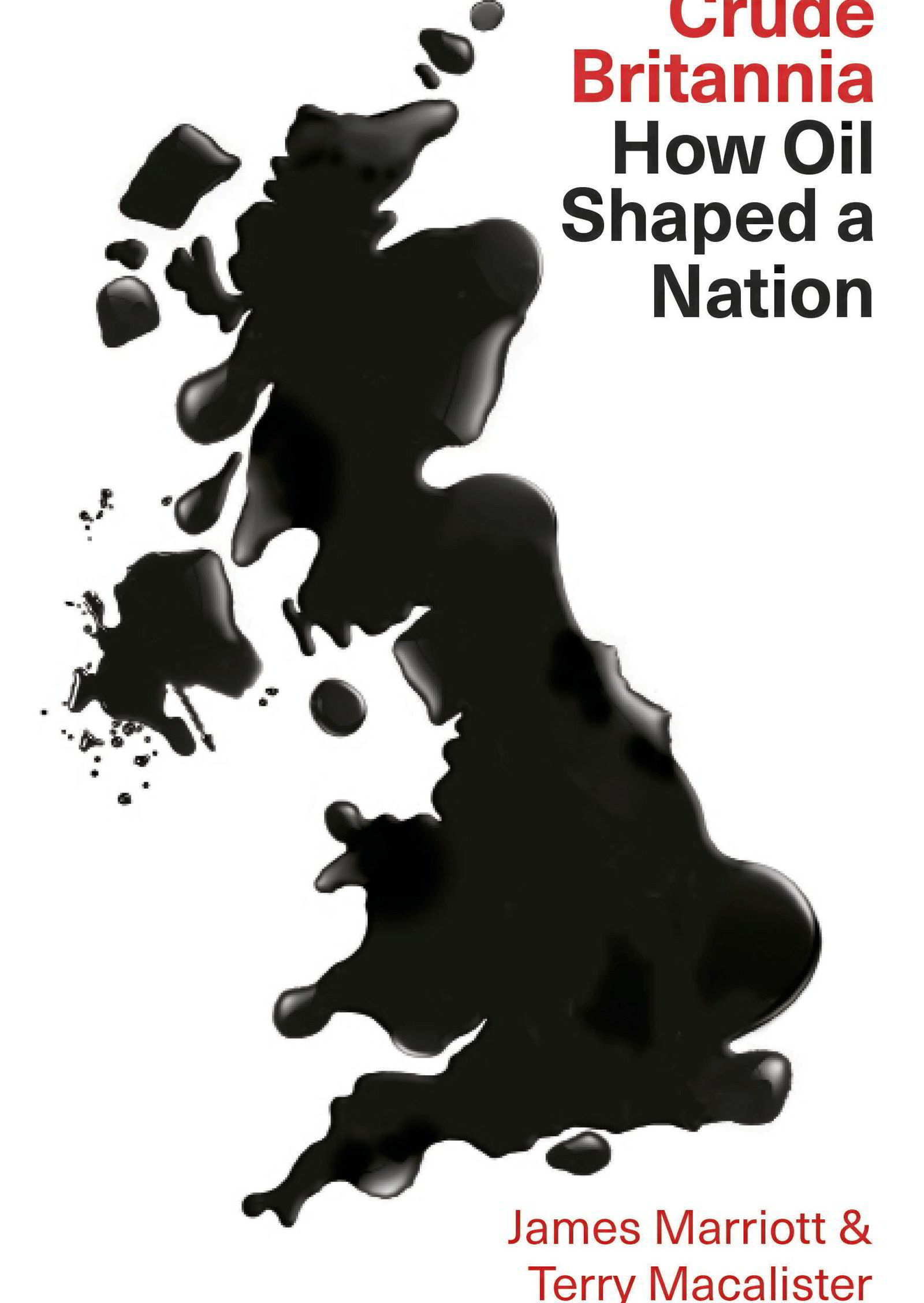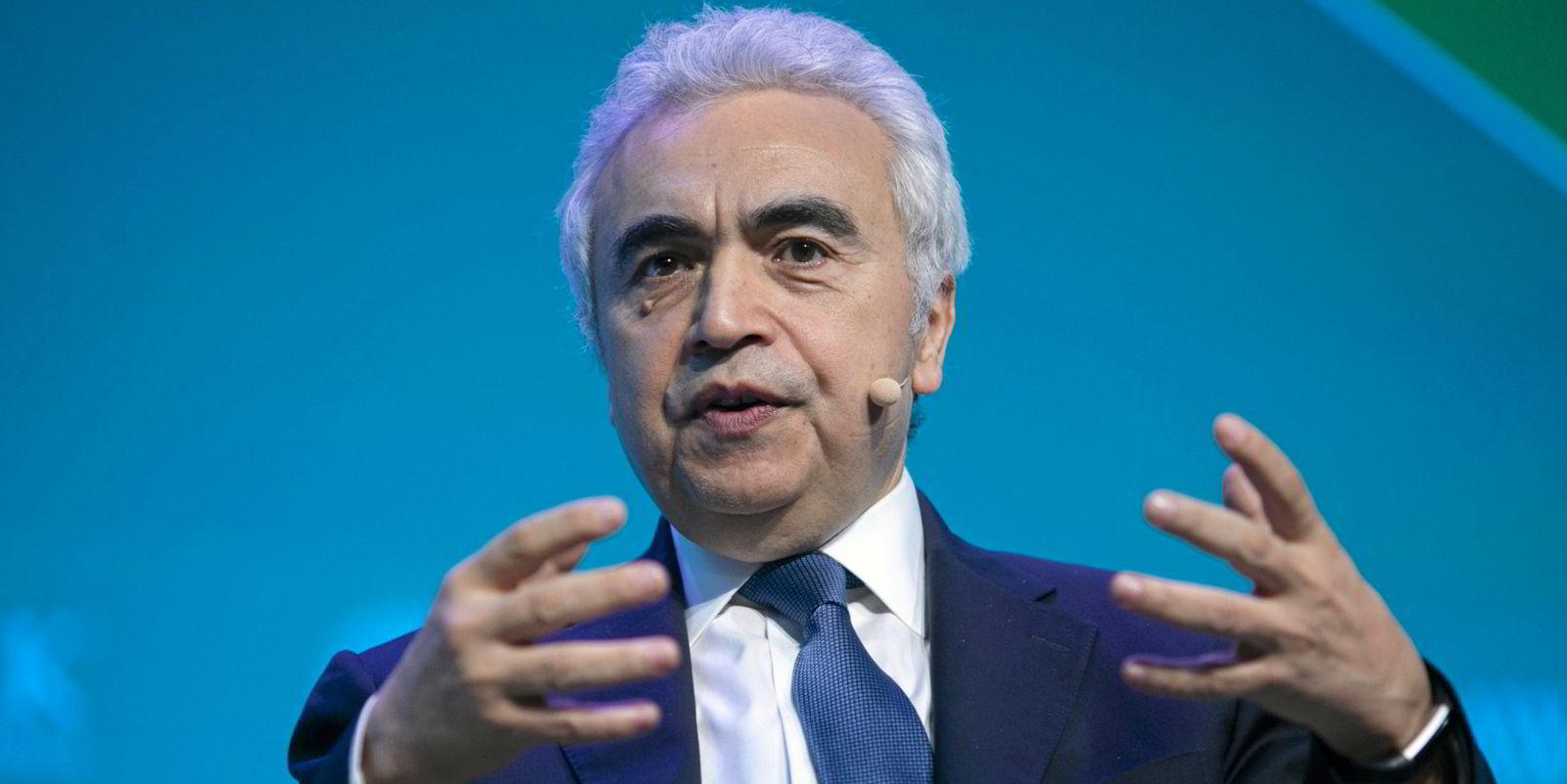When a key global oil institution such as the International Energy Agency (IEA) proclaims we need to halt new drilling for oil and gas, it is a landmark moment.
The IEA was set up in the mid-1970s in the aftermath of an Opec crude price crisis to try to help the West deal with supply disruptions.
It has become known in recent years for its influential World Energy Outlook, which tracks oil — and increasingly renewables.
Fatih Birol, head of the Paris-based agency, said energy companies must stop all new oil and gas exploration projects from this year, if global heating is to be checked.
He also wants an end to coal mines. This has huge implications of course for oil companies such as Shell and BP, but also for shipping.
An immediate cessation of drilling would obviously have a huge impact on the already depleted offshore supply fleet.
It also raises big questions for the future of crude and product tankers as well as coal-carrying bulkers.
If ever the International Maritime Organization should take note it is now: there can be no holding back on the low-carbon agenda.
As Tristan Smith, reader in energy and shipping at the UCL Energy Institute at University College London, put it to my colleague, Paul Berrill: “The IMO has not got anywhere near close to what is needed both in its short-term policy measure debates and its general expression of where it is leading on the greenhouse gas agenda.”
Petrodollars

The IEA was one of the few shields left for defending the energy status quo but it looks like that has all changed.
I am genuinely surprised by the timing of the IEA announcement and wonder how individual governments will react.
You can presume that little will happen in the short term but announcements of this kind are still highly significant.
I think it’s difficult for people to think about oil. It’s almost like a parallel world, because it’s so big. It permeates everything
Helen Thomson, professor of politics at Cambridge University
Many national economies are heavily dependent on petroleum revenues of course, not least in the Middle East and West Africa.
Future petroleum revenues from discovered but not producing fields are heavily built in to much of their economic forecasting.
If there was a ban, it would likely drive up the price of oil wildly as a potentially scarce resource but it would also supercharge the decarbonisation agenda.
And the reality is that the IEA should have come to this conclusion long ago, and so you might ask why it has not sounded the alarm earlier.
If it had, it would have forced the IMO to move quicker and would have warned the shipping industry earlier.
You can find the answer in a book I co-authored, published this week, Crude Britannia: How Oil Shaped a Nation.
I have spent the past five years researching and writing these pages that explore the hold fossil-fuel culture has on the politics, economics and even pop culture of the UK.

It is about oil and gas supply, use and production, so the story, while set in Britain, applies to many countries around the world.
It shows the way fossil-fuel thinking gets into the bloodstream of all of us and then makes it difficult to think of a world without it.
This is not an academic tome. Its deliberately light in touch and much of the story is told through interviews with senior UK politicians, such as Lord Heseltine and Rebecca Long Bailey; oil bosses, such as Ben van Beurden of Shell and Lord Browne, ex-BP; but also top oil traders, such as former Vitol director David Jamison.
You will also meet new renewable power executives such as Danielle Lane of Vattenfall and climate activists such as Gail Bradbrook, co-founder of Extinction Rebellion.
Mood music
There is also a soundtrack that goes with it, as I interview musicians who were influenced by oil, such as Wilko Johnson of Dr Feelgood and Andy McCluskey of Orchestral Manoeuvres in the Dark.
A starting point for the book was a comment from Helen Thomson, a professor of politics at the UK's Cambridge University who has also written a lot about the influence of crude prices on the 2008 financial crash.
She said: “I think it’s difficult for people to think about oil. It’s almost like a parallel world, because it’s so big. It permeates everything.”
***
Crude Britannia: How Oil Shaped a Nation was published this week by Pluto Press and can be found on Amazon and other leading book retailers.








